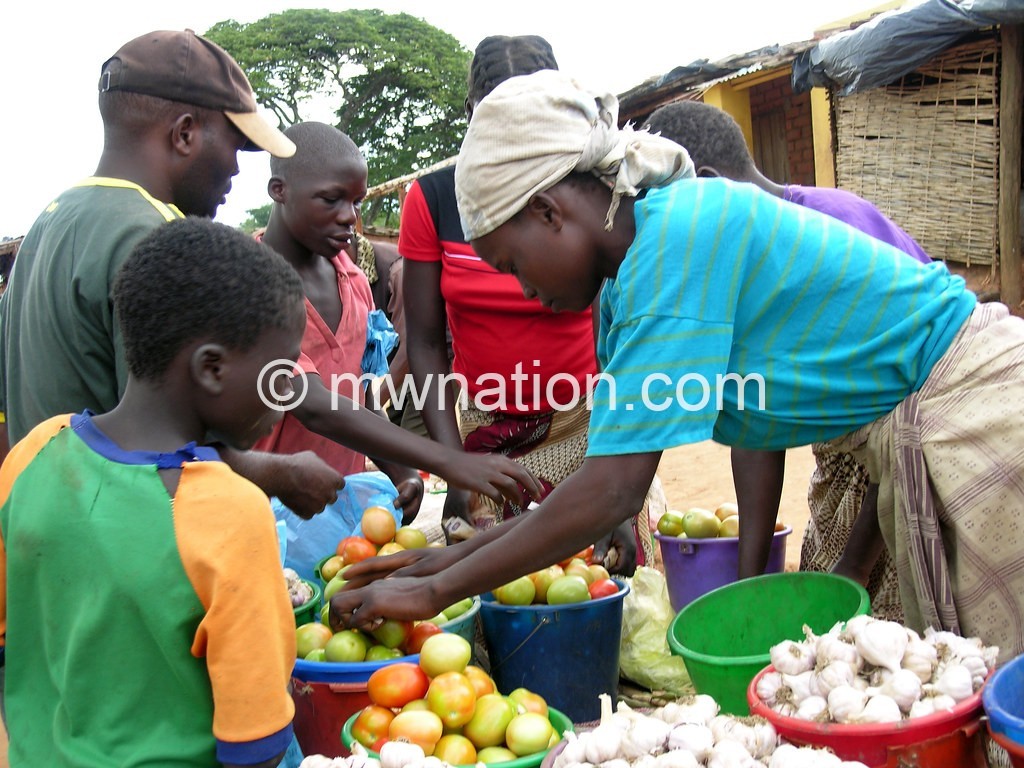EU assesses local food systems
The European Union (EU) has teamed up with other policy organisations to mobilise food systems actors to conduct a rapid food system assessment in Malawi and other countries.
Speaking in an interview on Tuesday, EU Head of Delegation to Malawi Ivo Hoefkens said the EU, the United Nations Food and Agriculture Organisation (FAO) and Centre International de Recherche Agronomique pour le Développement (Cirad) aim to provide food system stakeholders, policy actors and investors with an initial systemic view of the current and future issues facing food systems both at national and sub-national levels.

He said: “The strategy calls for a global transition of food systems in close cooperation with our partner countries. The EUs Farm-to-Fork-Strategy thinking will inspire our dialogue and cooperation with partner countries and is reflected in our programming guidelines for the period 2021-27.”
Hoefkens said for Malawi and countries across the globe, the Covid-19 pandemic has revealed the need to address challenges in food systems not only for food and nutrition security, but also for sustainable employment and livelihoods.
On his part, FAO Malawi representative Zhijun Chen said the assessment is important, particularly in the context of Covid-19 whose impact continues to challenge Malawi’s food system and to highlight the inter-connected nature of the country’s food system with critical areas such as health and environment.
“This Rapid Food System assessment is timely to help Malawi and food system actors prioritise action and identify priority areas for action to drive agri-food system transformation and support Malawi in achieving Sustainable Development Goals (SDGs) and Vision 2063 goals,” he said.
Ministry of Agriculture Principal Secretary Erica Maganga observed that failing food systems in the face of the pandemic and other challenges such as climate change call for greater understanding of country-specific challenges and of the linkages between system components and governance structures that can make food systems more resilient and robust.
The assessment is also a key step in the preparations of the UN Food Systems Summit which will be convened by the UN Secretary General Antonio Guterres.
There will be an assessment and analysis period of six to eight weeks to be consolidated through a synthesis workshop at the end of the assessment period, according to EU.





